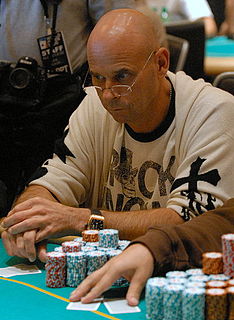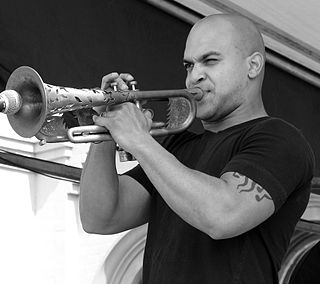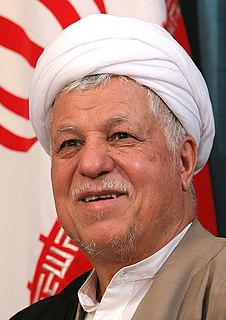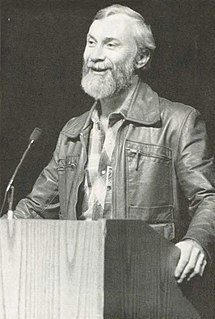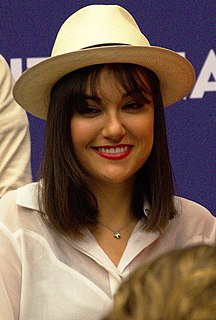A Quote by Oliver Stone
One of my fantasies in my life has been that I was granted access with a camera to go back in time, and to film the actual campaign of Alexander crossing into India through Iran and Persia.
Related Quotes
Alexander's achievement was not the conquest of India, but the feat of actually getting there and his two years in India were more of a geographical expedition than a military campaign. .... a Greek army had reached what they regarded as the end of the earth. They had pitted themselves against the ultimate as bravely as the yogins had struggled to break through the limits of the human psyche. Where mystics had conquered interior space, Alexander explored the farthest reaches of the physical world. .... like many of the axial sages, he was constantly 'straining after more'.
I think we have gotten to a point as Americans, unfortunately, where we take for granted the magic that life brings and that life is really special and every life matters. We tend to go through life but not take the moment to step back and remember you are here, right now, for a very finite amount of time.
If I'm traveling, I'll take a film camera and a digital camera because sometimes there are moments where, if you've lost it, or if coming back and it accidentally goes through the X-ray machine and it gets overexposed, you might have had a really important moment to you and you would be really upset that you didn't have a back-up.
This is life. It is everywhere, and it is here for the taking. I am alive and I know this, now, in a more profound way than when I am doing anything else. These sights are ephemeral, fleeting treasures that have been offered to me and to me alone. No other person in the history of the world, anywhere in all of time and space, has been granted this gift to be here in my place. And I am privileged, through the camera, to take this moment away with me. That is why I photograph.
The camera is one of the most frightening of modern weapons, particularly to people who have been in warfare, who have been bombed and shelled for at the back of a bombing run is invariably a photograph. In the back of ruined towns, and cities, and factories, there is aerial mapping, or spy mapping, usually with a camera. Therefore the camera is a feared instrument, and a man with a camera is suspected and watched wherever he goes... In the minds of most people today the camera is the forerunner of destruction, and it is suspected, and rightly so.
I always had all of these childhood fantasies about wanting to invent things, like a spaceship or a time machine. And everyone's imagined what it would be like to go back in time and change things, to see what would happen if you had a different life. 'Back to the Future' fulfills all of those daydreams. It's the perfect movie.



